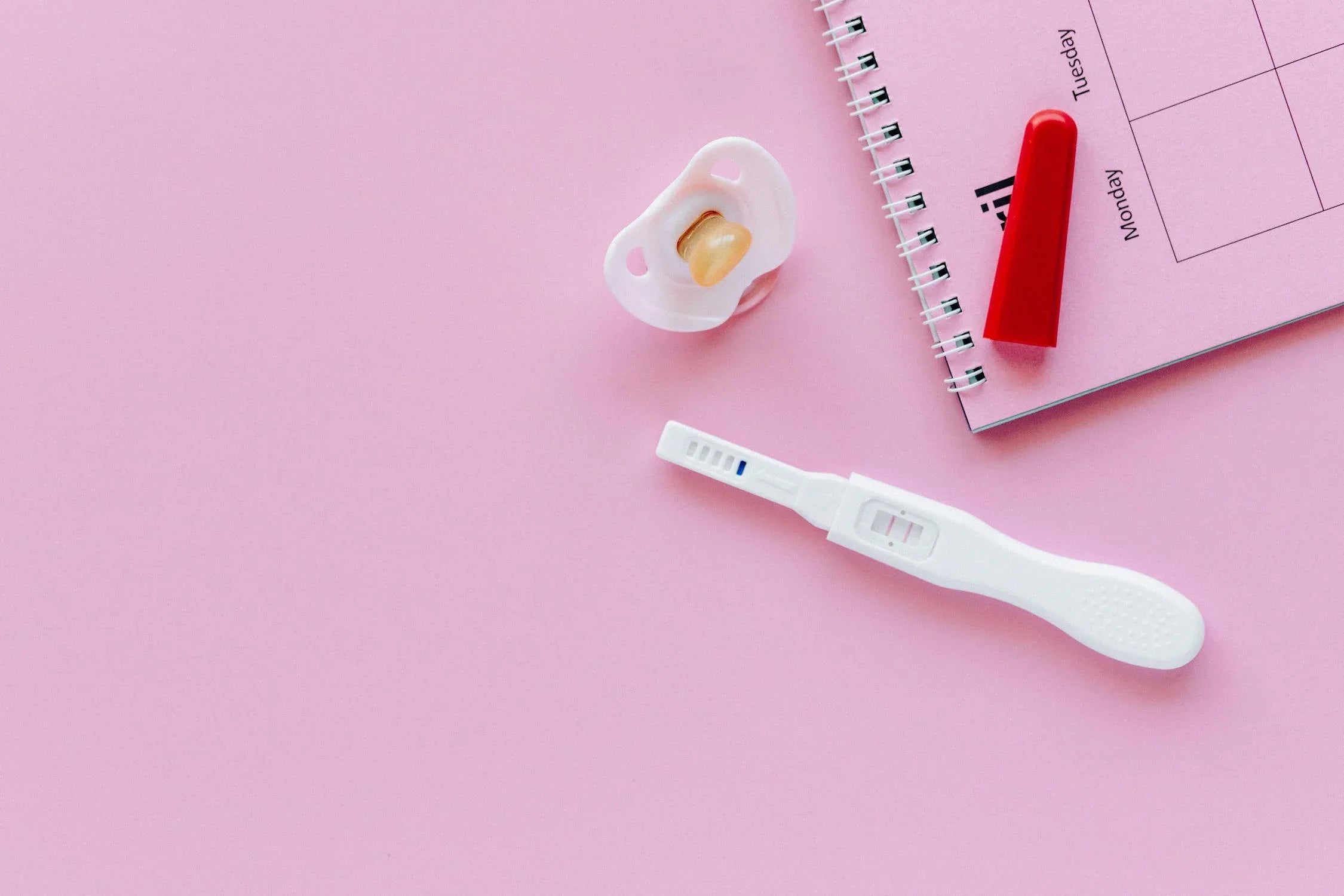Home
Pregnancy, Breastfeeding, and Pumping: The Ultimate Guide for Moms
Can You Take a Pregnancy Test in the Evening? What You Need to Know

Can You Take a Pregnancy Test in the Evening? What You Need to Know
When it comes to taking a pregnancy test, timing is everything. Many women wonder, can you take a pregnancy test in the evening? The answer isn't as straightforward as you might think. While most tests claim to be accurate at any time of day, there are factors that can influence the reliability of your results. Let's dive into the details to help you make an informed decision.
Understanding How Pregnancy Tests Work
Pregnancy tests detect the presence of human chorionic gonadotropin (hCG), a hormone produced during pregnancy. This hormone is released when a fertilized egg attaches to the uterine lining. The levels of hCG increase rapidly in the early stages of pregnancy, doubling every 48 to 72 hours.
Most pregnancy tests are designed to detect hCG in urine. The concentration of hCG in your urine can vary depending on several factors, including the time of day. This is why the timing of your test can impact its accuracy.
Morning vs. Evening: Does Timing Matter?
Traditionally, it's recommended to take a pregnancy test first thing in the morning. This is because your urine is more concentrated after a night's sleep, which can make it easier to detect hCG. However, this doesn't mean that taking a test in the evening is ineffective.
If you're further along in your pregnancy, the levels of hCG in your body will be higher, making it easier to detect regardless of the time of day. On the other hand, if you're testing early, the concentration of hCG in your urine might be lower in the evening, potentially leading to a false negative.
Factors That Can Affect Test Results
Several factors can influence the accuracy of a pregnancy test, regardless of when you take it. These include:
- Hydration Levels: Drinking a lot of fluids can dilute your urine, making it harder to detect hCG.
- Test Sensitivity: Some tests are more sensitive than others and can detect lower levels of hCG.
- Testing Too Early: If you test before your body has had enough time to produce detectable levels of hCG, you may get a false negative.
- Expired or Faulty Tests: Always check the expiration date and ensure the test is stored properly.
Tips for Accurate Testing
To maximize the accuracy of your pregnancy test, consider the following tips:
- Follow the Instructions: Each test has specific instructions. Make sure to read and follow them carefully.
- Test at the Right Time: If you're testing early, it's best to use your first-morning urine. If you're further along, you can test at any time of day.
- Limit Fluid Intake: Avoid drinking too much water before taking the test to ensure your urine is concentrated.
- Wait for the Right Time: Testing too early can lead to false negatives. Wait until after your missed period for the most accurate results.
What to Do If You Get a Negative Result
If you take a pregnancy test in the evening and get a negative result, don't lose hope. It's possible that the levels of hCG in your urine were too low to detect. Wait a few days and test again, preferably with your first-morning urine.
If you continue to get negative results but still suspect you might be pregnant, consider consulting a healthcare professional. They can perform a blood test, which is more sensitive and can detect lower levels of hCG.
When to See a Doctor
If you receive a positive result on your pregnancy test, it's important to schedule an appointment with your healthcare provider. They can confirm the pregnancy and provide guidance on next steps.
Even if your test is negative, but you're experiencing symptoms of pregnancy or have concerns about your fertility, it's a good idea to seek medical advice. Your doctor can help rule out other potential causes and provide support.
Ultimately, the question of whether you can take a pregnancy test in the evening depends on your individual circumstances. While morning testing is often recommended for early detection, evening tests can still provide accurate results, especially if you're further along in your pregnancy. By understanding how pregnancy tests work and following best practices, you can increase your chances of getting reliable results. If you're ever in doubt, don't hesitate to reach out to a healthcare professional for guidance.
Share
